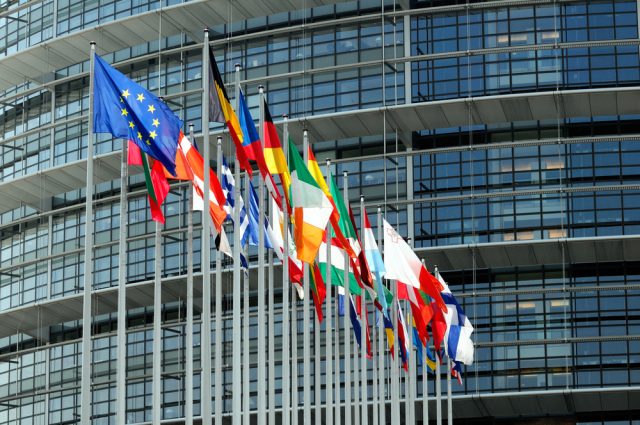
In the October plenary, the Europarliament gave its verdict on the EU 2023 budget, voting on the accompanying report to the negotiating position with 421 votes in favour, 137 against and 82 abstentions.
The Parliament corrected the changes and cuts that had been made by the Council and placed more attention (and thus funds) on a few priorities considered strategic and fundamental at the moment: post-pandemic recovery, the energy crisis, and support for Ukraine in the war of aggression unleashed by Putin’s Russia.
The European Commission’s proposal had suffered cuts of about EUR 1.6 billion after the Council’s review, now restored by the Parliament’s vote. In addition, the Parliament added about 850 million Euros to finance projects for young refugees through the Erasmus Plus Programme and the European Solidarity Corps.
In detail, MEPs worked to allocate around €250 million to humanitarian aid; they increased the Fund for asylum, migration and integration by €100 million; they allocated €25 million to the Border and Visa Management Facility.
Cooperation and migration management activities play a key role for internal stability and peaceful relations with third states. For this reason, 162 million Euros have also been earmarked to finance the Neighbourhood, Development Cooperation and International Cooperation Instrument and 80 million Euros for the Defence and Military Mobility Fund (at a time when war is ever closer to the gates of the European Union and the debate on the need for a common army is alive).
Another ‘hot’ topic addressed by the Europarliament was the energy crisis. Throughout Europe, in fact, the fear of ‘General Winter’ is beginning to make itself felt, with ever-higher bills for citizens and businesses but also the fear of energy blackouts or, in any case, severe restrictions on the use of electricity and gas.
Therefore, just over EUR 530 million has been added to support citizens and businesses in responding to rising energy commodity prices.
In order to work towards making Europe energy-independent and increasingly capable of harnessing renewable energies, funds have been earmarked for the Horizon Europe research programme; the LIFE programme, dedicated to the environment and climate; and the Global Challenges programme.
Finally, in view of the fact that the Covid-19 pandemic has not yet been completely eradicated, EUR 225 million has been earmarked for the EU4Health programme, which supports the national health systems of the member states.
“We voted in Parliament a budget that prioritises peace, energy security and faster economic recovery,” said Nicolae Ştefănuță, general rapporteur for the EU-2023 budget. The budget that emerged from the Europarliament’s review now includes commitments of EUR 187.3 billion.
Negotiations will now begin with the Council, in order to reach an agreement on the final budget that will be submitted to the European Parliament for a final vote.



 Subscribe
Subscribe